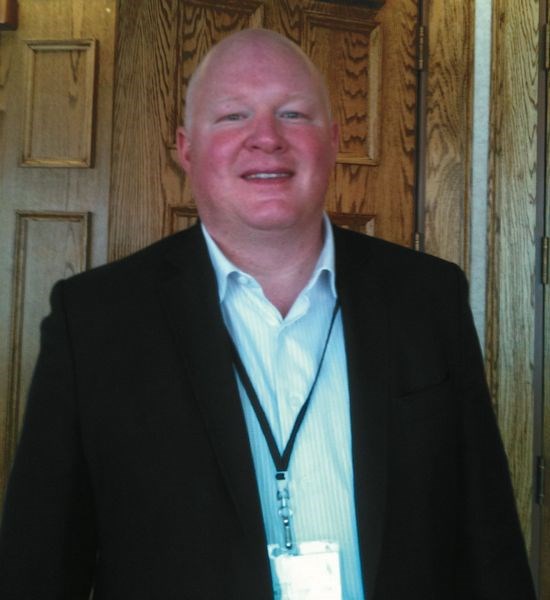Two years of economic upheaval did not hurt northern B.C.'s tourism industry as badly as other sectors, said the head of the region's marketing body this week.
A combination of visitors staying for weeks instead of days and the relatively small size of the businesses and communities represented by Anthony Everett, CEO of the Northern British Columbia Tourism Association, enabled them to "hold their own" in one of the most challenging economic climates in decades.
"The recession didn't impact us like it did at border communities - Vancouver, Victoria," said Everett. "Those saw big drops in numbers, which have all come back this year by the way.
"It's economies of scale - in border communities like Vancouver you're talking millions and millions of people; we're talking hundreds of thousands up here. We're a different product. People come to Victoria for two, four days; here, they're making a way bigger investment."
That bigger per capita investment is reflected in the length visitors stay in northern B.C. - 14 to 21 days - and the types of activities they engage in - hunting, fishing, touring in recreational vehicles. Many of the groups that chose northern B.C. - such as RVers from Arizona, European travellers from the Netherlands and Germany as well as business travellers who took advantage of recreational opportunities during their stay - also kept spending during the recession, he said.
Overall, Everett said residents of B.C. and Alberta made up the largest segment of tourists in this region, followed by visitors from western United States like California, then Germany, the Netherlands, the United Kingdom, New Zealand and Australia. While Asian countries like China will continue to be attracted to the region by educational opportunities at institutions like the College of New Caledonia, Everett said he did not anticipate they would be a focus of his organization over the next few years.
Since the core of the market is made up of a smaller group that spends more on average, Everett said tourism in the region possesses the capacity to expand - and often surprises residents that it is a $1.1 billion industry.
"It's not like Vancouver Island or Vancouver, where you see the tourists on the streets," said Everett. "Our big challenge here is getting people to understand how big tourism already is."
Everett's group will be aided by both a recent commitment by Premier Gordon Campbell during his speech at the UBCM for a renewed push on tourism marketing as well as a pledge for funding made by tourism minister Kevin Krueger during a speech at the Northern British Columbia Tourism Association's annual general meeting, held this week in Prince George.
Krueger and Campbell also promised to extend the Additional Hotel Room Tax, which levies a two-per-cent fee on hotel and motel guests in Prince George and other communities that have adopted the program, beyond June 2011. The money collected by the tax is used to fund tourism marketing.
"Very little marketing, from a tourism point of view, has happened for Prince George outside of the community and maybe regionally in northern B.C.," said Everett. "Now it's time, they have the Additional Hotel Room Tax, we want to see them change minds and opinions."



